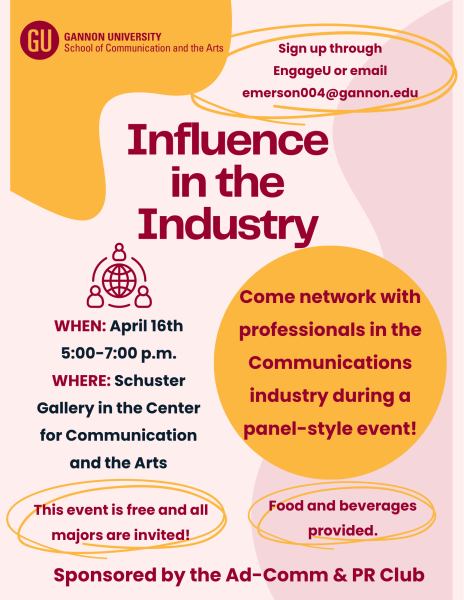Somewhere in America, a plastic water bottle is toppling down a pile of trash and making its home in a landfill. Actually, according to Doug James of Cornell University, make that about 840 bottles per second. With such an alarming rate, plastic waste is overflowing landfills all throughout the world. It’s found along every road, as well as in any body of water, vast entities of current-bound plastic trash being carried out to sea.
Even so, bottled water is becoming an enormous trend. The Beverage Marketing Corporation reports America as the world’s leading consumer of bottled water, with over 30 billion bottles sold in 2005, up from 15 billion in 2002, and only 3.3 billion in 1997. So how much harm can be coming from these tiny little bottles?
Their production alone consumes massive amounts of energy along with Earth’s limited fossil fuels, all the while releasing tons of pollution and greenhouse gasses into the atmosphere. The Earth Policy Institute states that approximately 17 million barrels of oil are used each year to make plastic water bottles for America alone. This oil, enough to fuel about 120,000 cars or power 250,000 homes for an entire year, does not include any of the additional oil used for the bottles’ transportation all over the world.
The production of these bottles also consumes large quantities of water. According to the Pacific Institute, every liter of water that gets bottled uses up to three liters of water in the purification process. This need for so much water leads to numerous water extraction sites, causing shortages in nearby areas and affecting many people and wildlife.
The disposal of these bottles is a major problem as well. Doug James reports that, astoundingly, only about 12 percent of plastic water bottles get recycled. The rest are either land filled, taking up to 1,000 years to decompose, incinerated, releasing dozens of toxic fumes, or littered, often disturbing wildlife habitats.
So now, it’s up to us to make a difference. While many cities have gone to the extreme of banning the sale of bottled water altogether, we at Gannon University can also help out by making one easy, simple change – avoiding the use of plastic water bottles. Using reusable bottles instead will save you money and can even be healthier as well – while the Food and Drug Administration tests bottled water only once per year with results that are often unreported to consumers, the Environmental Protection Agency tests tap water monthly, and with more rigid standards. If you don’t like the taste of tap water, you can buy products such as filter pitchers or faucet filters to improve the taste and remove any trace chemicals or bacteria.
By doing this one simple thing, Gannon University can make a difference. We’ll be helping out the environment by conserving Earth’s resources and reducing our carbon footprints as well.
JENNY HESS














